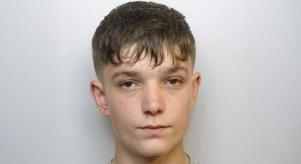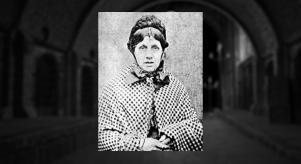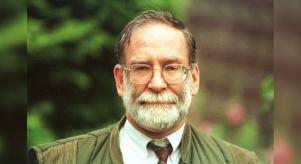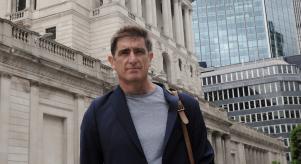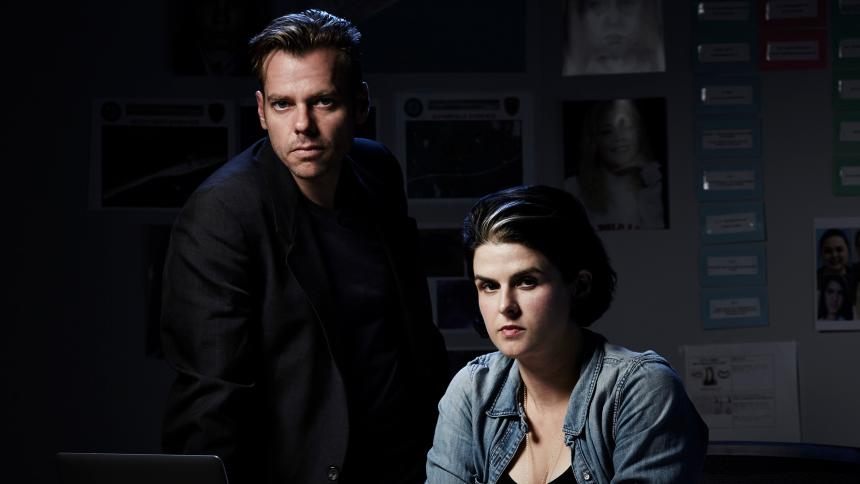
Joshua Zeman and Rachel Mills talk The Killing Season
TheKilling Season is our gritty docu-series that follows documentarians Joshua Zeman and Rachel Mills as they investigate one of the most bizarre unsolved serial killer cases of our time -- ten dead sex workers discovered on Gilgo Beach, Long Island.
In our exclusive interview, Joshua and Rachel tell us what makes The Killing Season unique among the current wave of crime shows, as well as discussing the wider societal impact of an increased public interest in unsolved cases.
Why did you decide to make the show?
Joshua: I had been doing a lot of true crime since Cropsey (Zemen's film about the disappearance of five children from and was hesitant to do another serial killer case. I’d spoken to the mother of one of the children who had disappeared in Cropsey and she implored me ‘if you’re going to make another one of these please do it responsibly and in the right way'. Rachel and I were making Killer Legends at the time, then suddenly this case wasn't getting solved. Slowly but surely we realised it was a case for us to look at.
Rachel: As Josh was saying we were working on this other project a few years ago which was looking at the intersection of urban legends through the lens of true crime. After we gathered a good amount of footage we realised that this case is bigger than either of us thought it was. That gave us the opportunity to branch out and look at the case in more detail and discover that it wasn't just happening in Long Island. It was happening all over the country, which led us to look at other cases.
How surprised were you by what you discovered throughout the series?
J: We thought we would go in and look at why this case didn't get solved and then we more we dug the crazier it got. There was so much speculation to weed through. There was so much mystery. I had heard rumours about two killers vs one and I didn't believe it. The way in which the victims are all discarded and put out along this highway, it's so complicated and then you realise 'Oh my god, there really could be two killers.' That's why we needed eight episodes because we could've never done this in an hour and a half.
Were you guys inspired by other crime shows of the moment such as Making a Murderer and The Jinx?
J: I have been trying to sell true crime for years since Cropsey (in 2009) and I could never get any traction out there in the marketplace. True crime was always the red-headed stepchild. It's about showing audiences that it's not just a whodunit but a why did it happen and what are the societal factors. I very much like to look at the role of the community and speculation and rumour and the need to create evil. We wouldn't be here if it weren't for Serial and The Jinx, but at the same time we've been doing this for years.
R: I think that the audience is evolving in true crime. There's a lot of 'infotainment' in the true crime sphere. I think there's content out there that's simply rehashing horrible tragedies. No longer do audiences want to tune in and check out. They want to be involved in the process.
J: At the same time we're having a bigger debate in the US about police and the role of policing and coming from the narrative TV world of slow storytelling, we now understand that it's not just guys who wear white hats and guys who wear black hats. We as a community have to join the investigation, but with that comes great responsibility. That is partly what we try to impart on our audiences, that investigating crime is not just about who did it, it's about weeding out the crazies and realising not everything is a snuff film. A lot of it is about re-educating the audience about societal issues – the harsh realities.
How important do you think the internet is in helping to solve crimes?
J: We are in the age of the internet, whether it's crowd-sleuthing or crowdfunding. I think it is going to be very interesting but again the whole thing is it has to be curated or else it's going to descend into madness and actually create even more trouble. I love the idea that there are alternative viewpoints but that requires a lot of responsibility and dicipline.
R: We need to be realistic about how crowds can come together to solve cases. They're not going to be solving murder or kidnapping cases left and right. Their power is to go through thousands of public records, go through databases, and really use that energy to make those connections that do take so long to make and that police don't have time to do. I think we'll see an acceptance [of online detectives] from law enforcement more and more as well.
Why should viewers be tuning in to The Killing Season?
J: I think we show the realities of serial murder investigations like nobody else does. This is really a privileged viewpoint and this is what we believe to be even more terrifying than any fiction. We are bombarded by all these unrealistic looking shows about serial murder and this one is very realistic.
R: I'm super curious to know the reaction in the UK. We start out at a very granular level with the series and looking at particular murders and we branch out and go wide to look at those social factors and systems. We contribute to these crimes continuing to happen. I think the audience is going to be interested not just in the crimes themselves, but also the larger societal issues at hand.


